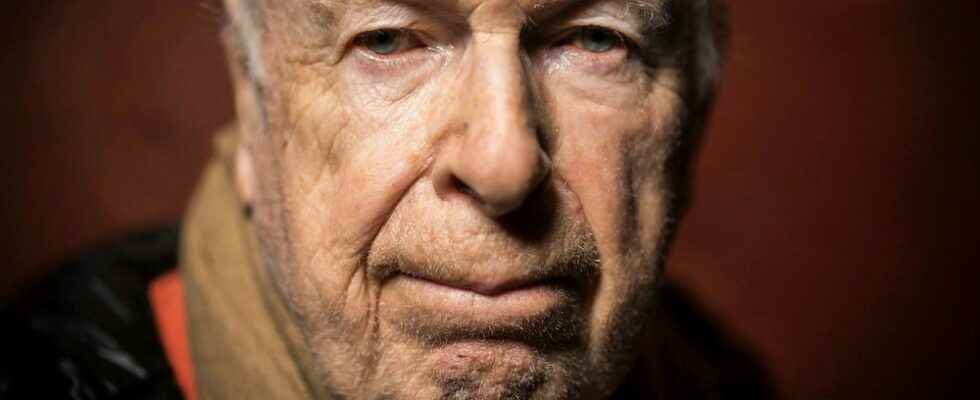Peter Brook is considered to have been one of the most influential theater directors of the 20th century. He was born in London in 1925 and came to London’s West End early. He is best known for his masterpiece “The Mahabharata” from 1985, a nine-hour version of the Hindu epic.
Peter Brook was seen as a prodigy and made his directorial debut already at the age of 17. He fascinated the theater audience in London and New York in 1964 with his production of “Marat / Sade”, which won a Tony Award, and three years later he wrote “The Empty Space”, which is considered one of the most influential theater theoretical texts ever.
For many, Peter Brooks’ Royal Shakespeare Company production of “A Midsummer Night’s Dream” in a gym with white cubes was a turning point in world theater.
From 1968 he lived and performed in Paris where he set up the “Center Internationale de Recherches Théatrales” in an old music hall, at the theater Bouffes du Nord. The theater group wanted to focus early on on a physical theatrical language where the gestures were superior to the textual.
Brook was also a significant filmmaker, with films that were often based on his stage productions, including “The Beggar Opera”, “Lord of the Flies” and “The Murder of Marat”. He was awarded the International Ibsen Prize in 2008.
